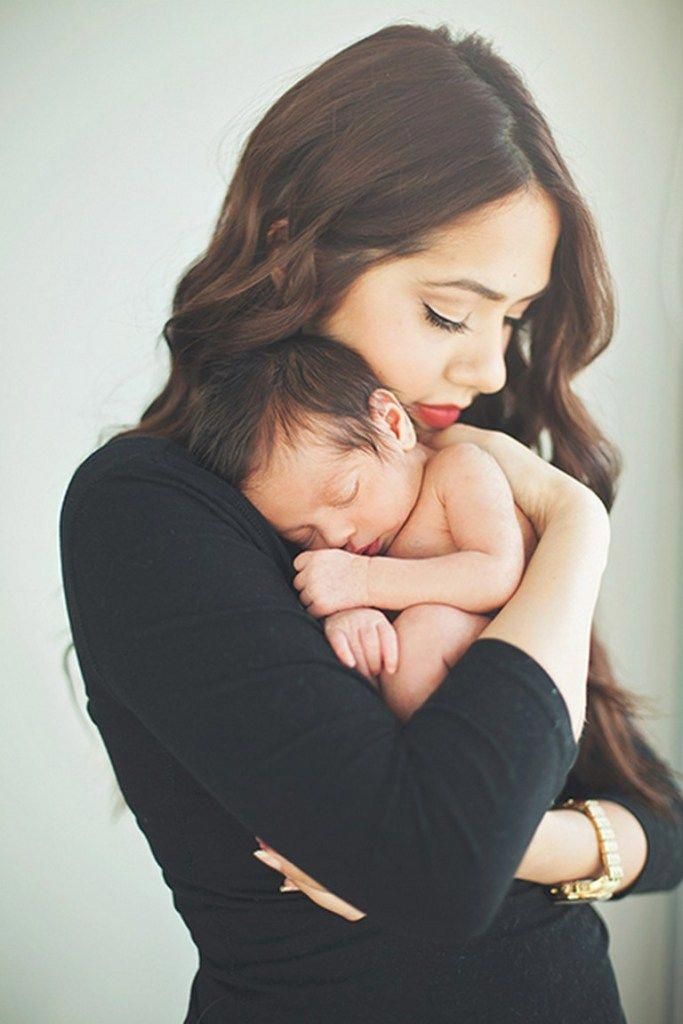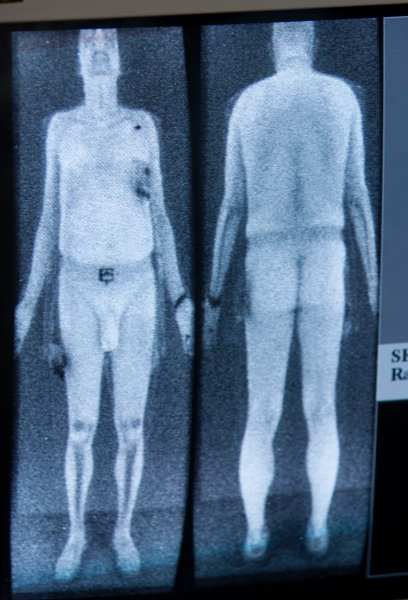How much does it cost to adopt a special needs child
The Costs That Come With Special Needs Adoption
Is adopting a child with special needs right for you? One factor that families take into consideration are the costs. Whether you’re specifically hoping to adopt a child with extra needs, or merely open to whatever child comes to your family, it’s a good idea to be prepared for what may come in the future.
Some agencies may decrease the price of the adoption fee for children with more severe/hard-to-place needs. Others do not. This is a good question to ask your agency ahead of time if you are open to a wide variety of needs.
Once your child is home, there are a variety of therapies, products, and surgeries he or she may need. Now is a good time to check your insurance policy about coverage for things that may be necessary.
For example, does your insurance policy cover feeding? Ours will cover special formula if a g-tube is necessary (and they will cover the g-tube equipment). Since my daughter doesn’t need tube feeding, they won’t cover her allergy formula ($40 a can). They wouldn’t cover any of my son’s supplements for him to gain weight, either, or his thickener to prevent aspiration.
What therapies does your insurance cover, and how do they group them? Do they give you a certain number of visits for speech, physical, and occupational therapy combined a year, or do they separate them? Is there the option for increasing visits with a letter of medical necessity, or is it a hard limit?
Does your insurance cover alternative therapies that you might want to pursue, like chiropractic care, acupuncture, or therapeutic camps?
Do you have a co-pay for all appointments? Or do you have a deductible, and then once that is met, everything is covered? For our family, where we have multiple people with disabilities, we’ve found that it makes more sense for us to have a plan with a high deductible. We meet that quickly and then don’t have to cover other expenses for the rest of the year. Your mileage may vary depending on your family’s needs. Right now there are no lifetime maximums, but watch the new healthcare policy because that could change and then a few major surgeries could max out your child for life.
You also want to consider incidentals that definitely won’t be covered by insurance. For example, a lot of sensory therapeutic equipment isn’t covered by insurance. Even small things like chewies add up.
Parenting kids with special needs can get expensive, but by being resourceful you’ll be able to make it as cost-effective as possible.
Now that we’ve looked at various potentials for cost, how can those be addressed?
Depending on your income, your child may qualify for SSI. This will give you a monthly stipend to go towards your child’s needs. It is often dependent on your income and assets, not just the child’s diagnosis (it may not be income dependent if adopting from foster care: consult your caseworker).
Your child may be able to qualify for a Medicaid waiver (and if your child was adopted from foster care, they automatically qualify for Medicaid until 18). Your agency or lawyer may be able to help you with this, or you can talk to your early intervention program or county Board of Developmental Disabilities Services office. Early intervention and the county Board of DD Services can also talk to you about programs specific to them that you may qualify for.
Early intervention and the county Board of DD Services can also talk to you about programs specific to them that you may qualify for.
If your child has a medical need, they may qualify for BCMH (Bureau for Children with Medical Handicaps). It’s not called BCMH in every state though, and it’s separate from CHIP (Children’s Health Insurance Program). It’s secondary insurance to cover specific medical needs and may not be called BCMH in every state. Parents’ income does come into play but the requirements are not nearly as stringent as they are for Medicaid and SSI/SSDI. BCMH can be used to cover your responsibility after insurance, or things that your insurance won’t cover at all, like a specific medication.
Your state may have other programs too. In Ohio, we have PASSS funds: Post-Adoption Special Services Subsidy. This is a yearly fund to help cover costs for therapies that are a financial hardship to families, for some adopted children. You may also find local nonprofits that will help with small grants for specific items, say an iPad or a special summer camp.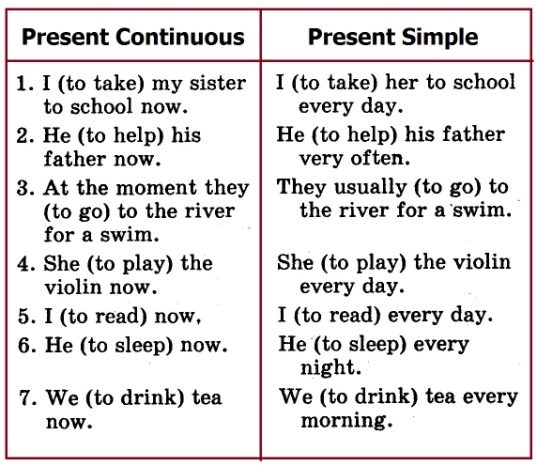
Finally, connect with other families whose children have similar needs. They’ll know how to find the cheapest therapy groups, used items, etc.
Parenting kids with special needs can get expensive, but by being resourceful you’ll be able to make it as cost-effective as possible. And of course, you can’t put a price on your kids! I’m parenting multiple kids with extra needs and they are the lights of my life.
Considering adoption? Let us help you on your journey to creating your forever family. Visit Adoption.org or call 1-800-ADOPT-98.
Adopting a Special Needs Child from Foster Care
There are a few common questions asked by hopeful parents who are considering adopting from foster care: “Are most children ‘special needs’?” “If you complete a foster adoption, will you know if the baby has developmental problems?” “What does ‘special needs’ mean in foster care adoption, and how will I know what I can handle?”
There are a significant number of children in foster care who are considered “special needs. ” So, you’ll likely encounter some adoption opportunities that fall under that umbrella term.
” So, you’ll likely encounter some adoption opportunities that fall under that umbrella term.
Some hopeful parents are intimidated by the thought of adopting a child with that special needs label, while others purposefully seek it out. No matter what, if you’re considering adopting a child through foster care at all, you should learn more about special needs and what it means.
Here, learn more about adopting a “special needs” child from foster care to determine whether it might be right for your family.
Defining “Special Needs:” It Doesn’t Always Mean What You Think
When some people think of the term “special needs,” they assume a child has severe physical, mental or emotional conditions. While some children in foster care will certainly deal with some of those types of needs, or even with some minor developmental delays as a result of the loss and trauma that is inherent in foster care, that doesn’t cover the full spectrum of “special needs” in foster care.
The term “special needs” is a fairly broad term that is applied to any child who may have a harder time finding a permanent adoption placement due to being:
- An older child
- Of a certain race or ethnic group
- Part of a sibling group that must be adopted together
- A child who has some type of medical condition
- A child who has physical, mental, or emotional disabilities
Children in foster care who are considered “special needs” do not always require special education or medical treatment. Many of the children are considered special needs simply because they are not the healthy newborns that are in such high demand.
Many of the children are considered special needs simply because they are not the healthy newborns that are in such high demand.
Of course, there are also children in foster care who do have special mental, emotional, medical or developmental needs. Some people intentionally seek out these children and are specifically interested in adopting a child with Down syndrome from foster care, or a child with mobility issues. Here are some of the most common, and what you should know about each:
- Autism: As a broad characterization of certain symptoms, autism can encompass many things. However, most children on the autism spectrum struggle with gastrointestinal discomfort, seizures or sleep disorders, sensitivity to sensory stimuli, anxiety, depression, attention issues and sometimes difficulty with social connections.
- Down syndrome: Adoption and fostering babies with Down syndrome is a common interest, because DS is not uncommon in foster care populations.
 It’s a genetic condition that can cause some physical and mental issues, like increased risk for hearing and eye issues as well as delayed speech and motor skills.
It’s a genetic condition that can cause some physical and mental issues, like increased risk for hearing and eye issues as well as delayed speech and motor skills. - Cerebral Palsy: This type of motor disability covers a number of physical developmental issues, so the symptoms can vary from one child to the next. Some children are able to walk and talk well with special equipment and physical therapy, while others may need lifelong care, depending on the severity and type of CP.
- Fetal Alcohol Syndrome: If a mother consumed alcohol during her pregnancy, it can cause physical or mental problems for the child. Many of the children affected by FASD have physical abnormalities and/or struggle with focusing and learning, emotional difficulties, vision or hearing problems, ADHD or other issues, which can vary fairly widely.
- Shaken Baby Syndrome or other brain injuries: In the fragile state of infancy, an accident or act of abuse may have occurred that caused irreparable damage to a child’s brain and body.
 The effects of these types of injuries can vary, but can leave a child wheelchair-bound, nonverbal and/or cause conditions like cerebral palsy, seizures, or halted mental development.
The effects of these types of injuries can vary, but can leave a child wheelchair-bound, nonverbal and/or cause conditions like cerebral palsy, seizures, or halted mental development.
A child’s individual needs should always be discussed with his or her social worker before you either accept or decline an adoption opportunity. They’ll be able to most accurately help you assess if you’re able to provide for a certain child’s needs more than our general description of a diagnosis!
Why Children with Special Needs Enter Foster Care
Children in foster care face unique challenges through no fault of their own.
Unlike in private domestic placements, children who enter foster care are involuntarily removed from their homes due to neglect or abuse. Many of these children have typical physical, mental and emotional needs, but are labeled “special needs” when they enter foster care because of the criteria listed above — they are older, part of a sibling group or of a certain racial or ethnic background.
However, in some situations, the child may have special physical, mental or emotional needs as a result of the neglect or abuse that caused them to be removed from their homes. In other situations, you can understand why some parents of children with special needs may have been under additional pressure and found themselves unable to properly provide for their child.
Caring for a child is always financially, emotionally and physically difficult, and it requires significant time, knowledge and effort. If a child has above-average needs in some way, he or she will require more — financially, emotionally and physically, in addition to more time, effort and knowledge. Not all parents have all of those resources, even if they try their best.
Although removal from biological family and familiar settings is a traumatizing experience for a child, the hope is that he or she will find a permanent home with a loving family that is also able to provide for their specific needs, whatever they may be.
The Benefits and Challenges of a Special Needs Foster Care Adoption
Parenting always involves struggles and rewards, but adoption brings some of its own benefits and challenges into the mix. If you foster-to-adopt special needs children, you will experience things that are unique to that process.
For the parents, some of the benefits include…
- The ability to choose what types of needs you’re prepared to handle.
- Shorter waits for a placement, because of the increased availability of waiting children of varying needs.
- Greater financial assistance to offset some of the increased costs of raising a child with special needs.
- Having a child to love, and who loves you.
For the child, some of the benefits include…
- Having a permanent home, often after a longer-than-usual wait.
- A family who is able to provide for their needs — financially, emotionally, physically and more.
- Better care through their new parents’ insurance.

- Having a family to love, and who loves them.
Adopting a special needs child from foster care is not right for everyone, and it will never be easy. But for hopeful parents who are ready and able, there are many children who have a lot of love to give, regardless of some of the setbacks they’ve faced in their young lives.
Is Adopting a Child with Special Needs Right for You?
Some prospective parents are very confident that they have the resources and education required to adopt a child with special needs from foster care. Others are unsure.
Remember that every child who is labeled as “special needs” will have their own unique needs, and to varying degrees. It’s important that you are very honest with yourself about what you can handle, as well as your motivations for adopting a special needs child. Understand that it’s good to say “no” to adoption opportunities if a certain child’s needs are beyond what you feel comfortable handling — he or she will find a family who is right for them!
In addition to your foster care professional and parents who have adopted children with special needs, there are resources that can help you learn more about this path and prepare you, so you can decide what’s best for your family before moving forward.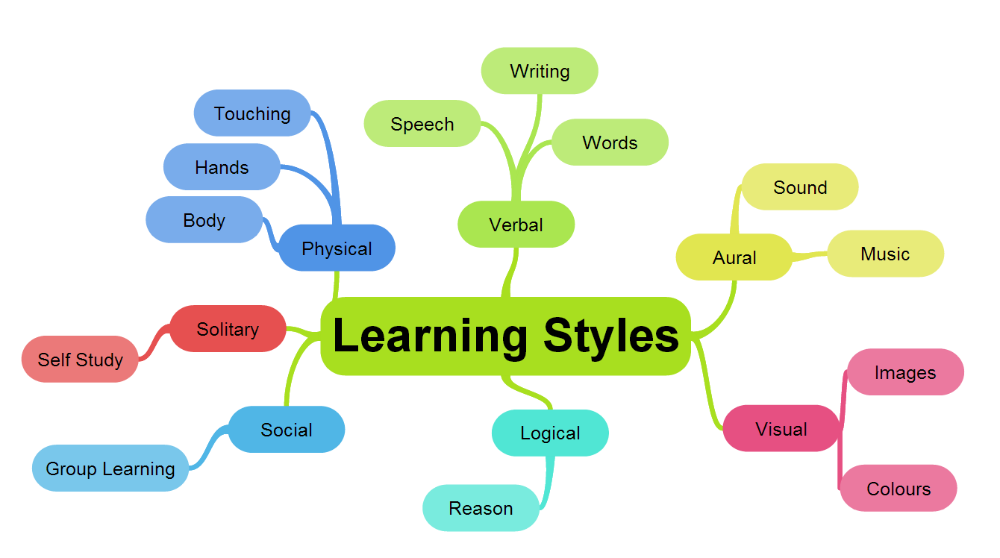
The Special Needs Alliance has a list of questions that you should ask yourself when deciding what you might be able to handle in a special needs adoption, in addition to other helpful resources throughout their site. This blog also details some of the more common medical conditions that children in foster care have, so you can begin to consider the conditions you would be open to and prepared for.
Meet the Special Needs Children Waiting to Be Adopted
If you’re ready to foster-to-adopt special needs children, or if you’re open to adopting a child with some degree of special needs, start by reaching out to your state’s foster care organization to learn more about the process and requirements.
Or, start by viewing profiles of waiting children to learn more about them here and here.
Is it possible to adopt a child to a single man without a wife - Orenburg
03/18/2019
Single women and men who want to adopt a child have to go through a difficult long process. This is a kind of test of their intentions for strength. Before applying to the guardianship authorities for permission, you should find out what requirements the adoptive parents must meet.
This is a kind of test of their intentions for strength. Before applying to the guardianship authorities for permission, you should find out what requirements the adoptive parents must meet.
What you need to know
- If a single woman adopts a child, this does not mean that she should now give up her desire to marry in the future. After all, it is very desirable for a child, especially a boy, to adopt a worthy male model of behavior. If a woman is not married, then a grandfather can become a model of worthy male behavior;
- What you can not do is to adopt a child in the hope of feeling happy. Only a full-fledged happy person who wants and can make a small person happy can take this serious step. Otherwise, the difficulties associated with the adaptation of the child in a new family can further exacerbate psychological tension;
- In order to raise a child, a stock of reserves is required. There must be living space, a stable income, the adopter himself must be healthy.
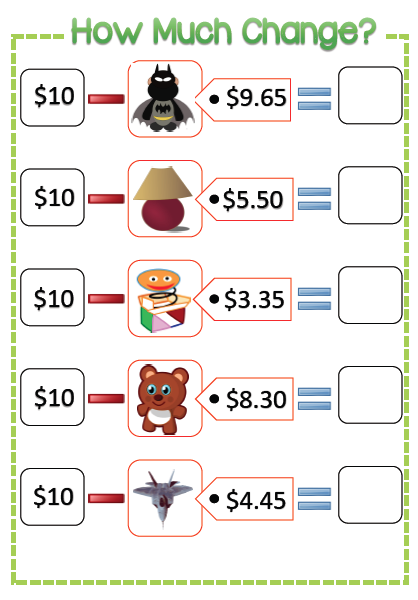 He should feel good and happy, ready to share his happiness with the child. You need to prepare for adoption, this is not a step that you should take spontaneously. It should be noted that the first year the baby may not be able to attend kindergarten, it would be better to spend this time with a foster parent in order to get used to each other better. At this time, there should be financial reserves in order to be able to stay at home with the child. After being sent to kindergarten, children often get sick. This also needs to be considered;
He should feel good and happy, ready to share his happiness with the child. You need to prepare for adoption, this is not a step that you should take spontaneously. It should be noted that the first year the baby may not be able to attend kindergarten, it would be better to spend this time with a foster parent in order to get used to each other better. At this time, there should be financial reserves in order to be able to stay at home with the child. After being sent to kindergarten, children often get sick. This also needs to be considered; - Readiness for difficulties. In the process of adapting a child to a new family, unforeseen difficulties may arise. And if the expectations of the adoptive parent were too idealized, then, when faced with the first difficulties, disappointment may come. To do this, you should realistically assess the possibility of obstacles and start preparing in advance. Attend psychological courses, talk with people who already have experience in adoption.
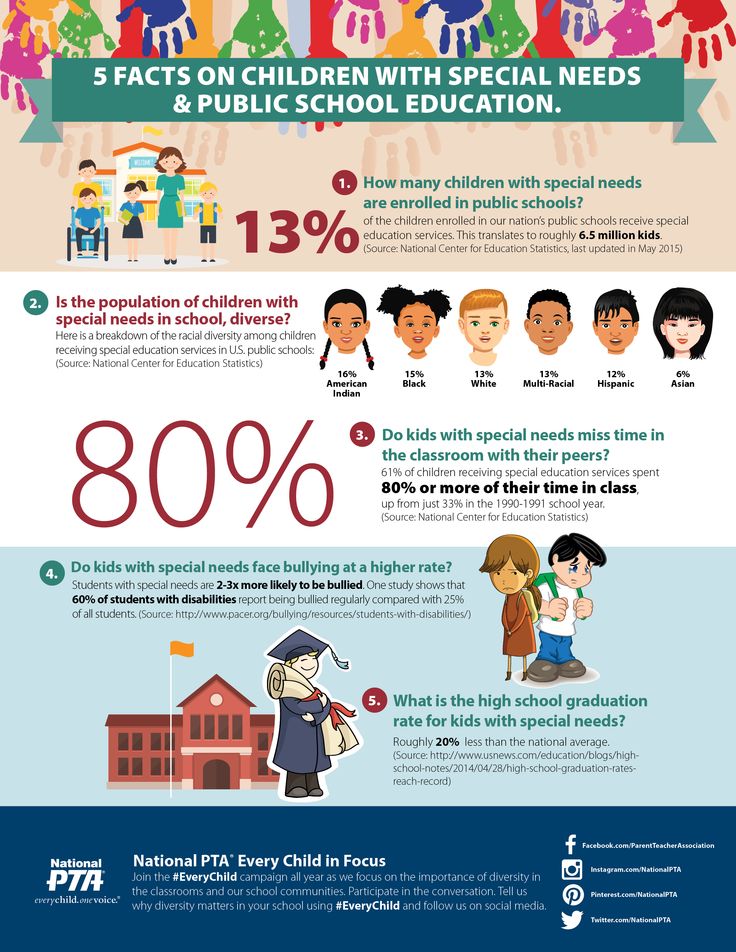
Law
The adoption procedure itself takes place in several stages. In the process, you will have to collect various certificates for submission to the guardianship authorities in order to obtain approval.
Read also: Protecting the rights of minor children
The Family Code provides an exhaustive list of persons who cannot adopt a child. These are:
- disabled people;
- previously deprived of the right to a child;
- convicted;
- who do not have a stable income or a permanent place of residence;
- with severe illness.
Federal Law No. 124-FZ dated July 24, 1998 “On Basic Guarantees of the Rights of the Child in the Russian Federation”
Who can take a child for adoption
The rest of the requirements apply to the material security of the adopter, the availability of housing, health status.
From the orphanage
- Prepare documents according to the list;
- Apply to the guardianship authorities and provide documents;
- Wait for application consideration;
- Upon receipt of a positive conclusion, come to the orphanage;
- Decide on the choice of a candidate for adoption;
- Apply.

From the maternity hospital
- Apply to the guardianship authorities and get on the waiting list for adoption;
- Pass a medical examination;
- Prepare documents according to the list;
- Obtain permission from the guardianship authorities for adoption.
Can a single man apply for an adoption?
Data bank
- Full name;
- location;
- nationality;
- character and physical development;
- if there are relatives - information about them.
Photographs are attached to the questionnaires.
When applying to the guardianship authorities, after receiving a positive conclusion, the adoptive parent forms the desired selection criteria. Based on these criteria, a child is being searched. If one child matches several requests, then priority is given to the one who is standing in line the longest.
Single Guardian Adoption Procedure
Let's take a closer look.
What documents to submit
The requirements for a single trustee are increased. He must provide documents confirming a stable financial situation, good physical and mental health. After all, the safety and healthy development of the baby depends on it. The applicant will be required to submit documents:
- On the financial condition of the applicant. To do this, you will need to provide a certificate of income from work, there may be several if the applicant is employed in several places. The financial condition must be good and stable, because a child requires considerable expenses for high-quality food, education, clothing;
- That the applicant has no criminal record. It doesn't matter how much time has passed, a suspended conviction or an ordinary one. An applicant with a criminal record in the past may have a negative impact on the emerging fragile personality; Sample certificate of no criminal record
- About health. The potential parent must be mentally and physically healthy.
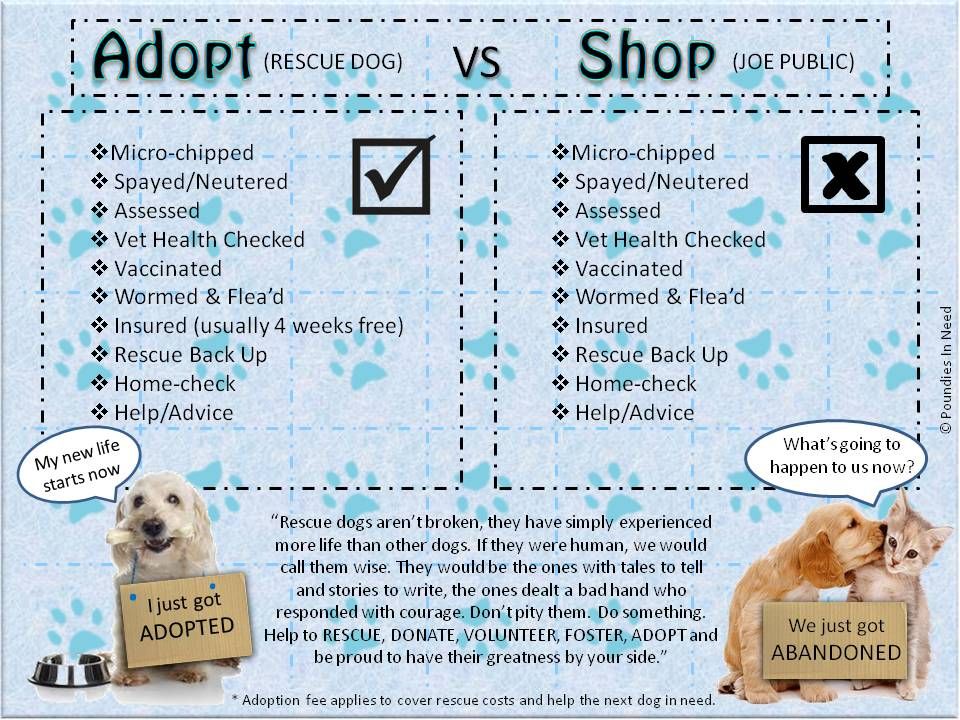
Appeal to the social security authorities
During the initial application, you will need to write an application in the prescribed form, where you will need to indicate passport data, a list of attached documents. The inspector will talk with the candidate in order to clarify the motives for the adoption, and also check the availability of documents.
Read also: Policy for a newborn
How to file an application
- Full name;
- residential address;
- Full name of the child;
- motivation for the request to place the child under guardianship;
- circumstances of the need to take children under guardianship;
- desired new name for the child.
Download the form of a standard application for the adoption of a child
Permission from the guardianship authorities
Based on the results of consideration of the application, a commission is created. Her task is to assess the applicant's living conditions. The condition of the living space, the degree of wear and tear, the area, whether a room is allocated for the child and how it is decorated will be assessed.
The condition of the living space, the degree of wear and tear, the area, whether a room is allocated for the child and how it is decorated will be assessed.
Upon successful completion of a documentary check, as well as an assessment of housing conditions, a permit is issued by the guardianship authorities.
After checking the documents and information about the applicant, the guardianship authorities issue a conclusion. After receiving a positive decision, the candidate gets the right to stand in line for adoption. A conclusion is issued within 14 days after the end of the audit.
Selecting the desired baby
To make a final selection, the applicant must be provided with information about children who meet his expectations. To obtain such information, the applicant leaves an application at the state bank of information about children. He can leave such an application only after receiving permission from the guardianship authorities.
He attaches a questionnaire to the application, which indicates:
- passport data;
- address;
- phone for communication.
Last procedure court session
The court session will be held after all checks have been completed and permission from the guardianship authorities has been received. In duplicate, the applicant shall submit to the judicial authority:
- a copy of the applicant's certificate;
- medical certificate confirming good health;
- income statement from work;
- certificate of availability of housing;
- permissive conclusion of guardianship authorities.
The meeting is held behind closed doors. Mandatory presence of the parties is required:
- applicant;
- guardianship officer;
- child (if he is already 10 years old).

Consent
At the court session, it is necessary to take into account whether there is the consent of the guardianship authorities. And such consent will certainly be obtained if all the documents are collected, and the applicant's housing conditions do not raise questions.
The consent of the child to adoption is required, as well as changing his full name or date of birth in the documents at the request of the adoptive parent, if the child is already 10 years old.
Terms and cost of the procedure
After the applicant has submitted an application with all the required documents to the guardianship and guardianship authorities, after two weeks he receives permission to adopt. This happens if the check is successfully passed, and also if the living conditions meet the standards.
For Russians, the adoption procedure does not require payment. For foreigners, the procedure will cost about $50,000.
Read also: Posthumous establishment of paternity
What difficulties can be
Those who decide to adopt a child may face difficulties:
- Bureaucratic delays;
- Difficulty collecting numerous documents;
- Time-stretched process;
- The need to prove the purity of their intentions to the guardianship authorities;
- The need to document their well-being and good living conditions.

Reasons for refusal
Adoption may be denied if the candidate does not meet the mandatory conditions established by law. For example, his living conditions leave much to be desired, or his earnings are unstable. In this case, you should start improving your financial well-being, and then try to apply again.
The second option of refusal - the applicant did not provide any document, or incorrectly filled out the documentation. In this case, you should clarify what the error is and try to eliminate it.
Benefits and allowances
An adopted child receives the same benefits as for the birth of a child. This is maternity capital (if the child is the second), payments for caring for a child on maternity leave.
Conclusion
Having decided to adopt a child, you should be prepared for the fact that this will be a long and difficult journey. But a person who is not afraid of difficulties and who really needs a child will not be stopped by obstacles.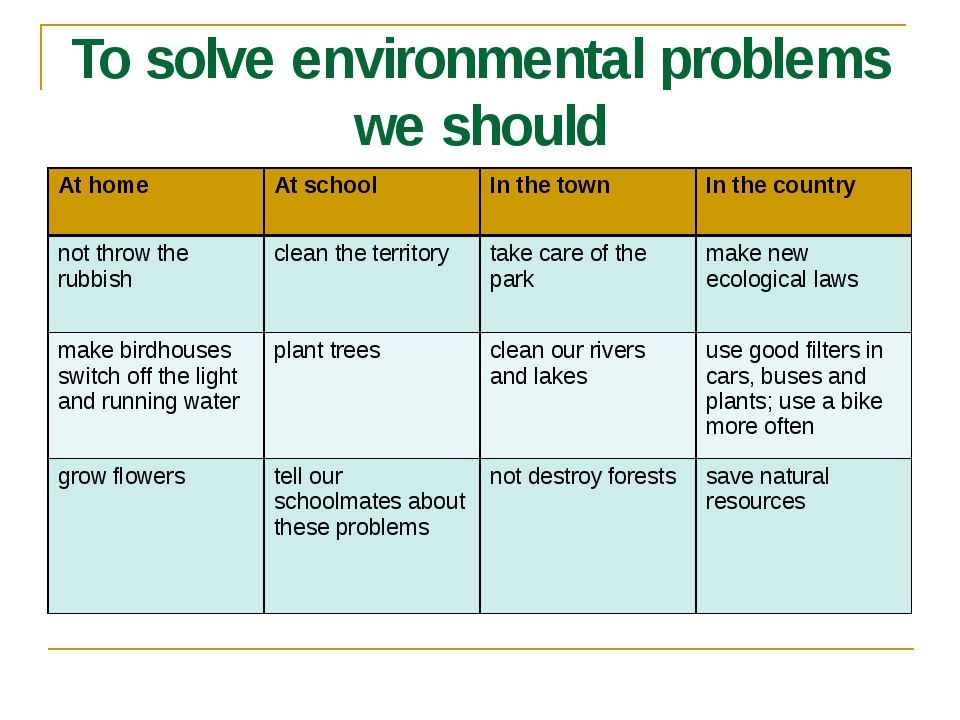
Those who, frightened by a long walk through the authorities, decided to abandon this idea, it is worth considering: do they really need it? After all, after accepting a child into a family, the difficulties do not end. Then there will be a long period of adaptation of the child, he will test the strength of his parents with whims.
Even more patience is needed here. The reward for the path traveled will be family happiness.
Is it possible for a single man to adopt a child and how to do it | About law
It often happens that a man's life is not going the way he wanted. Often, the representative of the stronger sex, disappointed in the relationship, decides to take the child to be raised. Unfortunately, such potential adopters are viewed with suspicion.
On the territory of our country, men are not forbidden to take children for upbringing and maintenance from orphanages. However, the procedure promises to be quite lengthy. Is it possible to adopt a single man? What obstacles await on the way?
Can a single man adopt a child?
In society, such an expression of the will of a representative of the stronger sex is extremely negative.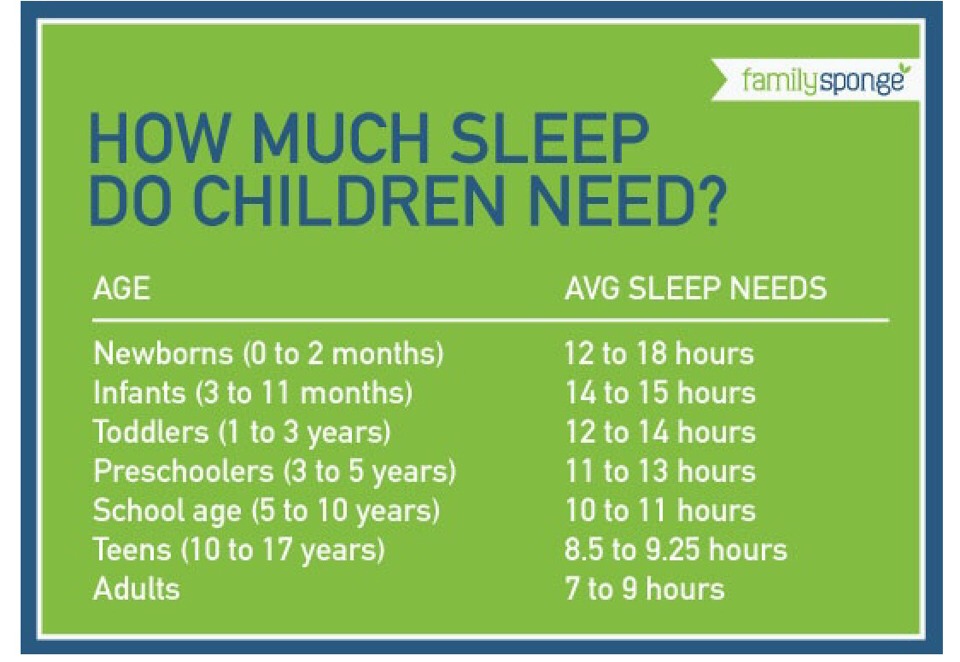 In the event that he competes with a married couple or a single woman, his application is likely to be denied.
In the event that he competes with a married couple or a single woman, his application is likely to be denied.
It is for this reason that a single applicant will have to work hard to convince the guardianship and guardianship authorities that he can really raise a child. On the territory of our country, single men rarely take children to raise them.
Couples or single women often apply for a minor child. It so happened that the guardianship authorities trust the latter. Representatives of the stronger sex simply do not inspire confidence in them. This state structure always tries to understand all the reasons that prompted the candidate to take the baby into the family.
Often the reasons for adoption are considered to be:
- if a man cannot have children in case of poor health. For example, he has infertility,
- people suffer from various genetic ailments, so they do not want to have biological children. He is simply afraid that these diseases will be inherited by a minor child,
- attachment to the baby due to active volunteering,
- the representative of the stronger sex has been married more than once.
 All his relationships ended in failure. There were no joint children. He is disappointed in women and is in no hurry to tie the knot again.
All his relationships ended in failure. There were no joint children. He is disappointed in women and is in no hurry to tie the knot again.
A candidate who is single and does not have a partner is subject to more stringent requirements. As a rule, very frequent checks will be carried out.
How can a man without a wife adopt a child?
Single women who decide to take a baby into their family are always supported by society in every possible way. Guardianship authorities will willingly give preference to representatives of the weaker sex who are not married rather than to a man.
Often, in the decision of a single father who wants to take a baby from a maternity hospital or orphanage, they simply see malicious intent. Many employees of such government agencies think that the applicant is a person of non-traditional orientation.
It is precisely because of this that the representative of the stronger sex undergoes a thorough check before direct adoption.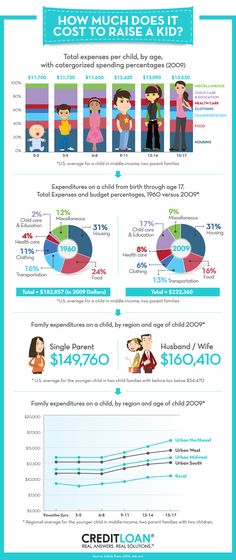 Fortunately, for many male candidates, this experience has been a success.
Fortunately, for many male candidates, this experience has been a success.
Employees of guardianship and guardianship authorities in the course of numerous checks still trust children to such parents. It is worth noting that the process of adoption by one parent, especially a representative of the stronger sex, has its own characteristics.
Certain requirements have been established for a man who is not married and wants to take care of a child:
- the applicant must be an adult citizen,
- he is obliged to have privatized housing that fully meets all the standards presented,
- a person should not suffer from alcohol and drug addiction,
- in no case should he have any mental abnormalities,
- a citizen should not be under investigation,
- he should not have such serious diseases as tuberculosis, HIV infection, AIDS, cancer,
- a man should not be disabled,
- he must have an above average income, as well as a permanent job,
- the applicant and the child he is going to adopt must have an age difference established by the current legislation - at least sixteen years,
- after passing all the standard checks of the guardianship and guardianship authorities, the man should justify why he wants to adopt or adopt a child.
 It should be explained to the employees of this state structure why he does not want to marry and start a family.
It should be explained to the employees of this state structure why he does not want to marry and start a family.
Unfortunately, all candidates for adoptive parents, and even more so those who want to adopt a girl, arouse suspicion among the guardianship and guardianship authorities. They are condemned not only by state bodies, but also by society. A negative public opinion has been formed for a long time, as there were precedents for pedophilia, as well as other criminal acts.
We are talking about filming child pornography, prostitution, selling underage children into slavery, and so on. However, the practice of adoption shows that there are much more successful cases of adopting a baby into a family.
Where to contact?
It is recommended to apply to the guardianship and guardianship authorities.
List of required papers
Now you need to figure out how to still adopt or adopt a child.
Initially, a candidate for adoptive parents should collect a package of required documents:
- passport or identity card,
- birth certificate,
- documents that confirm the ownership of housing,
- autobiography, handwritten or typed on a computer,
- certificate from a medical institution stating that the applicant for adoption does not have any serious and dangerous diseases,
- salary certificate from the place of work.
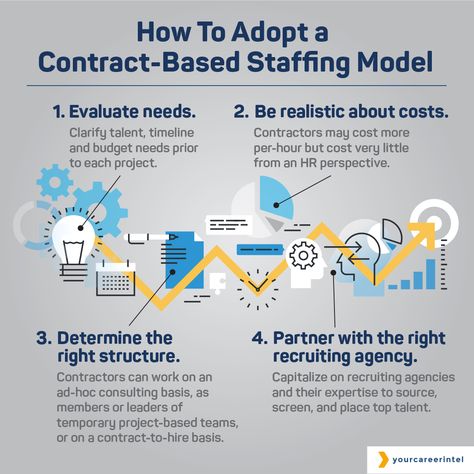 It must contain information about the position held,
It must contain information about the position held, - document confirming the absence of a criminal record,
- act on the conformity of housing conditions with the requested standards.
Further, it is recommended to submit an appropriate application to the guardianship and guardianship authorities. After that, you should get a certificate of inspection of housing conditions. Then the candidacy of a particular person is put on record. A candidate for adoptive parents should choose an adoptive son or daughter.
After all the mandatory steps, the applicant must appear in court, for this he may need the following documents: After all the documents have been reviewed, an appropriate decision will be made. It should be noted that in general the process of adoption of a child by a single man does not differ from the process of adoption by other candidates. The most important thing is to overcome some difficulties, they may be as follows: It is important that you first get to know the child you wish to adopt. You need to find a common language with him so that he gets used to you. You should visit the child throughout the entire period of consideration of the documents of a potential adoptive parent. Adoption is a rather lengthy procedure that involves the transfer of an orphan child from a maternity or orphanage to a foster parent. Not only an unmarried woman and a childless couple, but also a single representative of the stronger sex can act as a candidate. It is very important for him to prove to the guardianship and guardianship authorities that he will become a good father to a boy or girl who does not have natural parents. At the same time, the applicant must have good living conditions, a stable income above average, a permanent job, property, and certain personal qualities. Loading… If you are the same single man who wants to adopt a child, then know: - you have every right to become an adoptive parent; - you will be subject to more stringent requirements from the guardianship authorities than for a classic married couple; encounter misunderstanding on the part of officials. But all obstacles can be overcome if you stock up on perseverance and patience in a timely manner. What documents will a man need to register as an adoptive parent? I must say that you must collect the same package of documents as a traditional married couple. The only difference is that instead of a marriage certificate, a birth certificate is presented. The package consists of the following papers: - application for registration; - passport; - medical certificate made no earlier than 3 months from the submission of a package of documents; - paper confirming the absence of a criminal record; - paper confirming the ownership of housing or the right to temporary residence in it; - certificates that confirm the compliance of the house with all requirements; - a certificate from the place of work; - an act of inspection of the apartment / house by guardianship and guardianship authorities; - autobiography. Interesting! Since 2013, the age difference between the adopter and the child is not important. If earlier it was not supposed to exceed 16 years, now this qualification has been eliminated. Despite all the innovations, the current Russian society is not ready to adequately respond to a single man who wants to adopt a child. Therefore, get ready for the fact that you will have to prove your worth and desire to raise a baby. But, most importantly, always remember: we sincerely want to help you and our children. poiskmam.ru There are many forms of placement of orphans, the priority of which is the placement of kids in a foster family. It is not always that the desire to adopt a child appears in both spouses in a family union, or the intention to adopt a baby appears in a single person who is not burdened by marriage ties. “What to do in this case?” - many single adoptive parents ask this question. In fact, the answer is obvious if you look at the family code. The answer to the question "is it possible to adopt a child to one parent" will definitely be positive. In this article we will figure out how to adopt or adopt a baby in Russia, being out of wedlock. Russian legislation strictly regulates the rights of its citizens, especially the rights of children. Thus, by establishing more and more strict limits on adoption, the state acts in the interests of the adopted child. The adoption procedure has some limitations and is characterized by a complex bureaucratic guarantee. There are limits for the age of the adopter: he cannot be less than 18 years old, and the difference in age with the adoptee must be at least 16 years. There are no more age restrictions. Adoptive parents are subject to standard requirements, which consist in a formal notification of the guardianship authorities and the court about their state of health, lifestyle, income level and permission granted by authorized persons to adopt a child. Adoption is allowed only for minor children, an adult cannot be adopted. Otherwise, the procedure for interacting with guardianship authorities corresponds to the usual adoption procedure. The main difficulties are not in paperwork, but in the psychological stress of a baby abandoned by his parents, who will be afraid of losing a newly-made mother or father, testing their personality traits in every possible way with his whims. Also, the child may feel lonely without a second member of the spousal caregivers. It is not so easy to get it, more often this authority only complicates the adoption process, and does not help the guardian at all. A single, unmarried citizen will find fault with the grounds for adoption, reasons for applying to guardianship authorities, and so on. It is important to prepare in advance answers to uncomfortable questions, such as: “why are you adopting” and the like. It is important to assure the court and guardianship authorities that you have sufficient funds to support the offspring and meet his growing needs. The refusal of the court or guardianship authorities can be appealed within 10 days. A statement of claim is filed with the court for the adoption of a baby. During the court session, the question of whether it is possible for a man (woman) to adopt a child is decided. In case of a positive answer, the future parent will get to know the kids and select a suitable offspring for approval. It would seem that what could be wrong with a single woman's desire to give maternal love to an orphan? But it happens that adoption, solving some problems of the child, can create others, no less difficult. “I really want to adopt a child, but I'm terribly afraid: I don't have my own children, I divorced my husband. I’m very afraid of not coping with difficulties, not for myself - I’m afraid for the child, it’s not a kitten: I took it, gave it away . “Is it realistic to adopt one baby while living in a one-room apartment? I’m alone, my parents don’t support me, it’s very difficult mentally, but I really want a child…” asks Elena (32 years old). Is it possible for an unmarried woman to adopt a child? How much more difficult is this procedure than in the case of a family? What problems await the future family of two people? What can be advised to women who dream of children as an alternative to adoption? Aleksey Rudov, psychologist, head of the Toward a New Family project (www.innewfamily.ru): The law provides for adoption by a married couple, one of the spouses or a single, unmarried adopter. The difference in procedure is minimal: a married couple presents a marriage certificate to the court, a single adoptive parent - a birth certificate. But, in my opinion, despite the equal possibility of adoption by a married couple and a single parent, everything is not so simple here. In some countries - in Germany, in some states of the USA - where there are enough people who want to adopt adopted children, adoption is legally allowed only for married couples. Experience and statistics show that single-parent families are more likely to have problems with raising children (whether born or adopted). In it, the child joins the family culture to a lesser extent and does not get the experience of communicating with a parent of the opposite sex - hence the problems of communication and building their own family, and most of the teenage rebellions happen in single-parent families. Even liberal-minded foreign experts, who used to say “it doesn't matter who adopts,” now don't think so. It is not easy for single parents, they face great difficulties in raising and financially supporting a child. It is worth thinking very carefully whether a single woman can cope with psychological and financial difficulties, give a full-fledged upbringing to a child, whether her “rear” is strong enough for this and whether the risk is justified. If you take a small child, he will spend almost all the mother's energy and time. Then it doesn't get any easier. The older one needs just as much attention, and even more, especially if he spent two or three years in an orphanage and managed to accumulate psychological and somatic problems, which will require quite a lot of strength, both physical and moral, to compensate. You have to be ready for this. Is there enough strength, money, moral support for a single adoptive mother who has no experience in raising children? Don't know. God forbid, something will happen to the adoptive parent. Where should the child go? Back at the institution? Guardianship authorities treat single adoptive parents very cautiously, they carefully study the motives for adoption and the family situation in the candidate's home. The certificates that the future adoptive parent has to collect are only preparatory material for making two decisions: the conclusion of the guardianship authorities on the advisability of adoption, and then a court decision. If the specialist, after studying the case, decides that such an adoption is not in the best interests of the child, then the conclusion will be negative. I do not think that when making a decision on the possibility of adoption by a single person, a deliberate categorical “yes or no” is appropriate, it is necessary to understand individually in each case. In general, the future adoptive parent can be advised to better prepare in psychological and educational terms. Even a wealth of experience as a teacher in a kindergarten and a teacher in a school does not replace the knowledge of raising a child in a family. Future single parents need to carefully weigh all the pros and cons, think about how they will make up for the lack of an example of a family lifestyle, what they will live on if the child needs constant care, paid treatment, etc. It is in the best interests of the child to have a complete family. But if it is not possible to find a married couple, then a single person is much better for a child than an orphanage. Vikenty, Archbishop of Yekaterinburg and Verkhoturye : In Russia, called Saint, in the Lot of the Most Holy Theotokos, never, even during the wars and in troubled times, there was such mass orphanhood as now. The orphanhood of Russian children has become a national disgrace and, of course, a national disaster. The state, to the best of its ability, is trying to help the youngest and defenseless Russians, but no government can solve a single problem without the participation of society. Orthodox Christians have always been distinguished by sobriety and awareness of special responsibility for the fate of the Fatherland. So let your light shine before people, that they may see your good deeds and glorify your Father in Heaven.” (Matthew 14-16). Spiritual and moral education must begin from a very early age, and we know that it is in the family, primarily from parents, that a person learns all the Christian virtues - the right attitude towards God and neighbors. Dear brothers and sisters! I urge you, asking for help from the Lord, to adopt, take under guardianship, in a foster family or for foster care of orphans who find themselves in a difficult life situation. And warm them with love, educate them as worthy people of our Fatherland. Priest Alexy Kolosov, rector of the Church of the Great Martyr. Panteleimon, Paldiski, Estonia : The first commandment given by the Almighty to man was the simplest and even seemingly base command: “Be fruitful and multiply, and fill the earth” (Genesis 1:28). And in everyday life we see that of all our instincts, the strongest is the instinct of procreation. We feel its action in soul and body, in our flesh and blood, and only a few can resist its powerful call. Few - only those "to whom it is given" (Matt. 19, 11). But now we will talk about those cases when, for biological reasons beyond the control of man, childbearing does not occur. What paths open before us in this case? When a loving couple is faced with the problem of childlessness and medicine is powerless to help a weak nature, the spouses face a simple choice - either accept, accepting themselves as they are, or "scatter" in order to remarry or secretly try to prolong their family. It is clear that for a Christian such a possibility is ruled out decisively and irrevocably — “what God has joined together, let no man separate” (Mark 10:9). The third way is to accept someone else's child and raise him as your own. This decision is the most difficult and responsible, but also the most fruitful from the evangelical point of view. It turns out that the childlessness of a married couple is the key to the happiness of a small, defenseless creature. To find this being, this child, to identify him among many, to overcome the natural barrier of alienation, to invest in the child's soul all that is dearest and make him family - this is a feat worthy of a Christian! The Church calls her children to this, who, by God's permission, are experiencing the torments of childlessness, so that the suffering of two will be resolved by the happiness of three. However, we are all talking about a couple, a normal family consisting of a husband and wife - and yet the natural and good desire to have children does not disappear just because a person is left alone. In the end, each of us is a unique treasure, a unique refraction of the image and likeness of God, and each of us has something to leave to posterity. Some lesson is hidden in any of us for those who will replace us on the face of the earth. Therefore, let us put aside those cases when the instinct of procreation leads to promiscuous sexual behavior, to the sin of fornication. Let us put aside the cases when a person resigns himself to his loneliness. Consider the problem of adoption of children by singles. To what extent does this match the capabilities of the adult and the needs of the child? Here again it is worth turning to the Holy Scriptures: the commandment to procreate was given not only to Adam, not only to Eve, but to a man and a woman - husband and wife. That is, from the point of view of Revelation, the birth and upbringing of children can be considered complete only in the family. Since we are talking about an already born child, the main problem is his full-fledged upbringing. The family itself is the strongest instrument of education. From father and mother, children adopt the necessary set of social roles. Can a single person be both father and mother? Will he be able to give what he does not possess? This is an open question, to which no one can give an unambiguous answer - a lot depends on the individual. In general, adoption by a couple is more natural and beneficial in every way. The experience of a priest shows how difficult it is for single parents to raise their own children. Most of the "problem" children and adolescents, whose mothers (and occasionally fathers) seek help in the temple, are children of singles. It is extremely rare for one parent to provide a balanced upbringing. Of course, complete families do not always cope with this, but still two heads are better than one, and the possibility of educational maneuver is wider. However, this should not turn a lonely person into a barren fig tree. They can be various types of guardianship, support for young families, support for single parents, support groups for orphanages and baby homes - everyone can find a job according to their desire and strength. Of course, adoption can find a place in this series, but, I think, in extreme cases, when society itself finds itself in force majeure circumstances. Source: Church Gazette psychology 11,244 2 min read , there is good news. It probably won't affect your weight much. If anything, you're more likely to lose weight due to Lamictal than gain weight, but either way, the changes are likely to be pretty small. Lamictal findings and weight gain or loss Terms of registration
 If the applicant's candidacy is completely satisfied with the guardianship authorities, then the person will be sure to be informed about this. Otherwise, he will also be notified. Terms of registration in each case are different and depend on many factors.
If the applicant's candidacy is completely satisfied with the guardianship authorities, then the person will be sure to be informed about this. Otherwise, he will also be notified. Terms of registration in each case are different and depend on many factors. What difficulties can arise during adoption/adoption?
 Don't succumb to pressure from close relatives yet,
Don't succumb to pressure from close relatives yet,
 Only in this case his candidacy will be considered. He should also prepare for various tricky questions from the guardianship and guardianship authorities.
Only in this case his candidacy will be considered. He should also prepare for various tricky questions from the guardianship and guardianship authorities. Is it possible for a single man to adopt a child?


Is it possible to adopt a child to one parent: instructions
 This is explained by the fact that the form of family guardianship, whether it is a complete family or a single person, in the interests of the child is a higher priority than living in a specialized social organization.
This is explained by the fact that the form of family guardianship, whether it is a complete family or a single person, in the interests of the child is a higher priority than living in a specialized social organization. What difficulties can there be
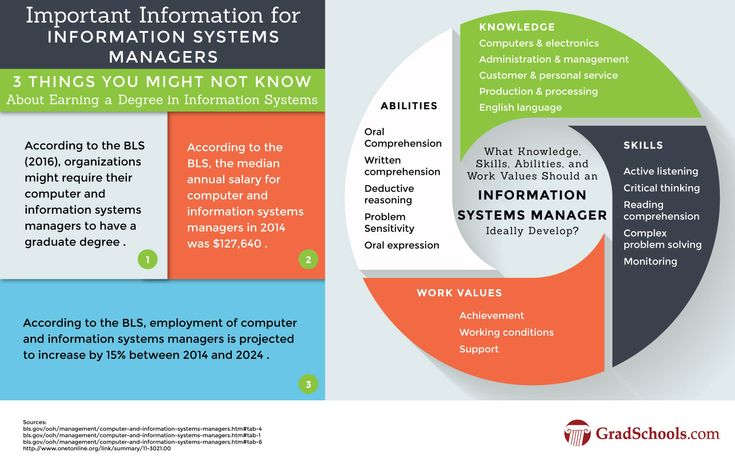
Adoption procedure by a single guardian


Conclusion
A single adoptive parent: pros and cons — Miloserdiye.ru
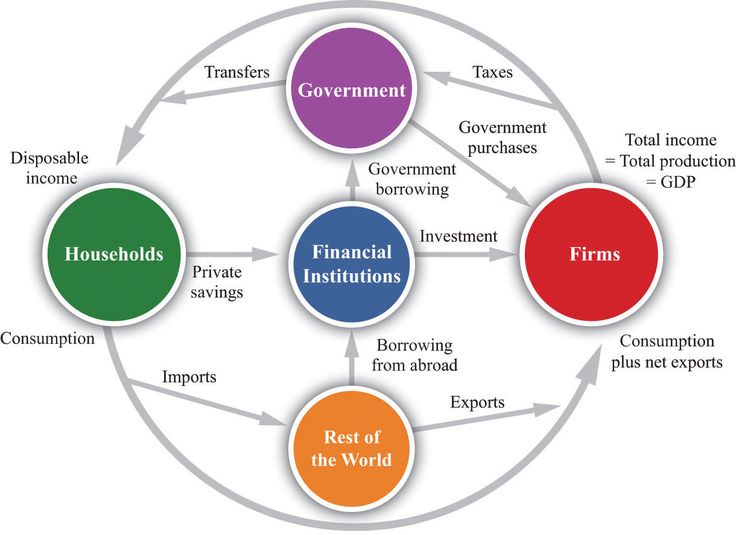 .. ”writes Irina (39years).
.. ”writes Irina (39years).
Can a single person adopt a child? Yes maybe.

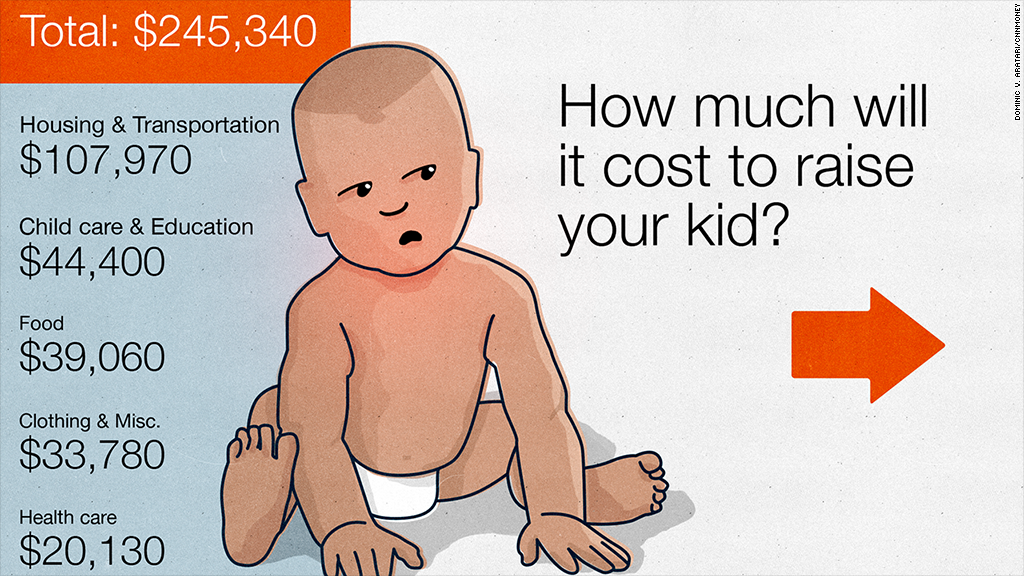
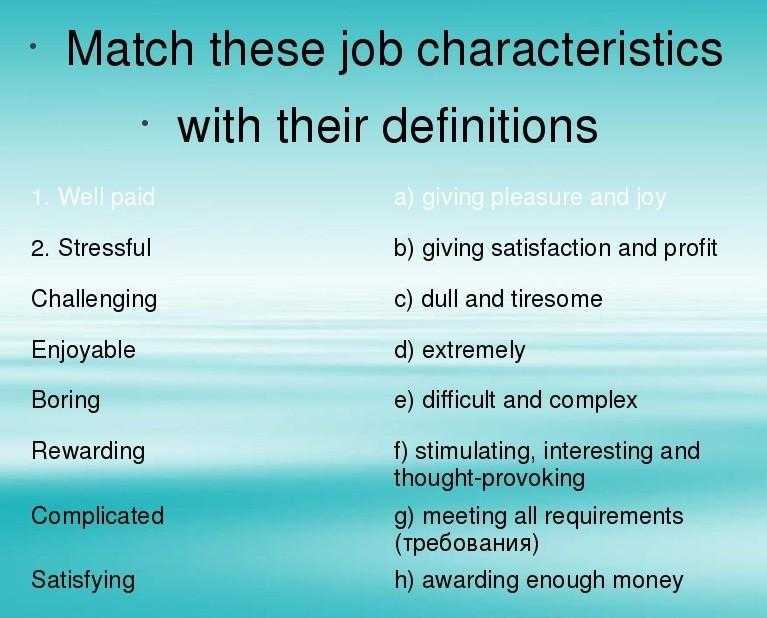
 In addition to adoption, one can consider, at least at the first stage, other forms of adopting a child into a family - for example, guardianship, foster family, patronage.
In addition to adoption, one can consider, at least at the first stage, other forms of adopting a child into a family - for example, guardianship, foster family, patronage.
We see today with pain and bitterness abandoned children, deprived of parental love and care, living in orphanages, boarding schools, shelters, even on the streets.
 It was to us that the Lord said, “You are the light of the world.”
It was to us that the Lord said, “You are the light of the world.”
 The Word of God bears witness to the fulfillment of this unambiguous commandment of reproduction.
The Word of God bears witness to the fulfillment of this unambiguous commandment of reproduction.
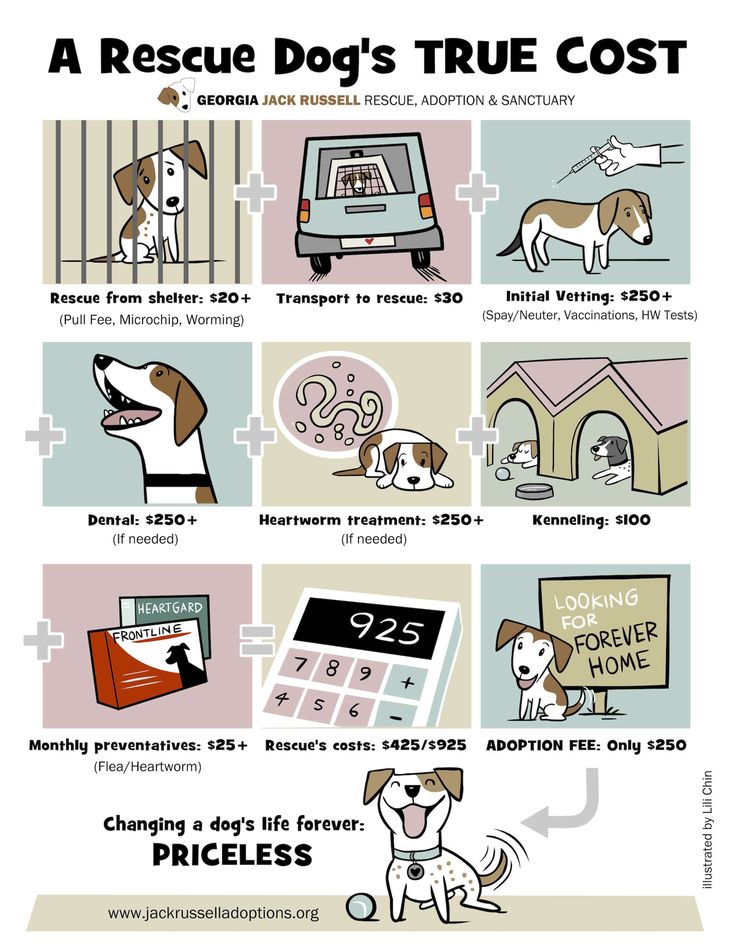 ).
).
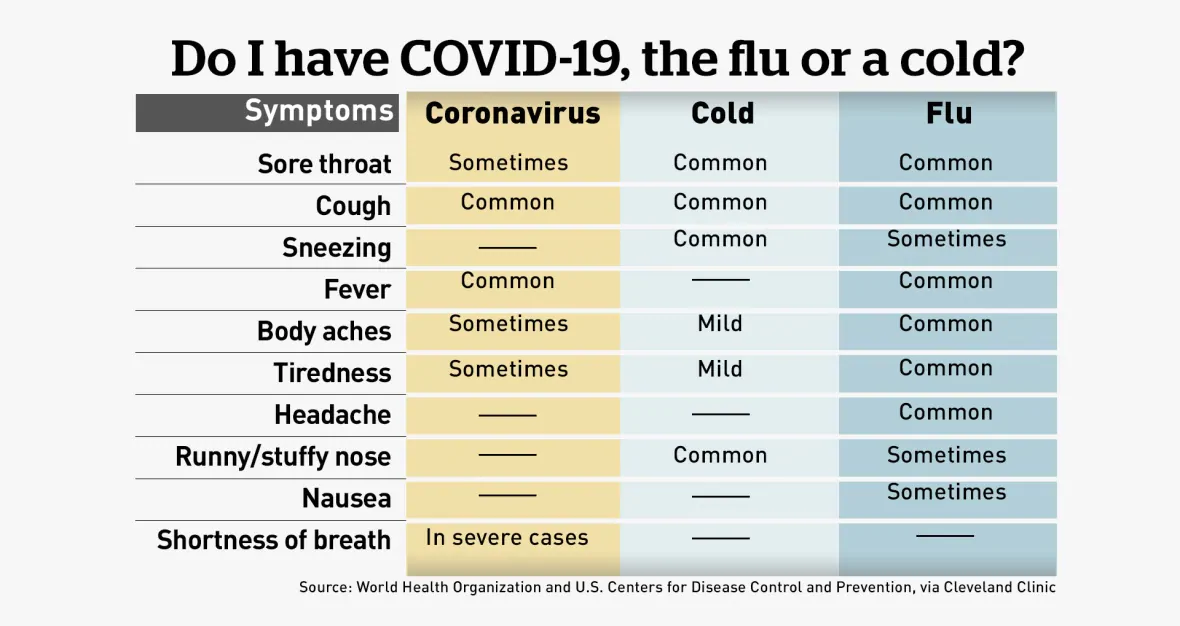
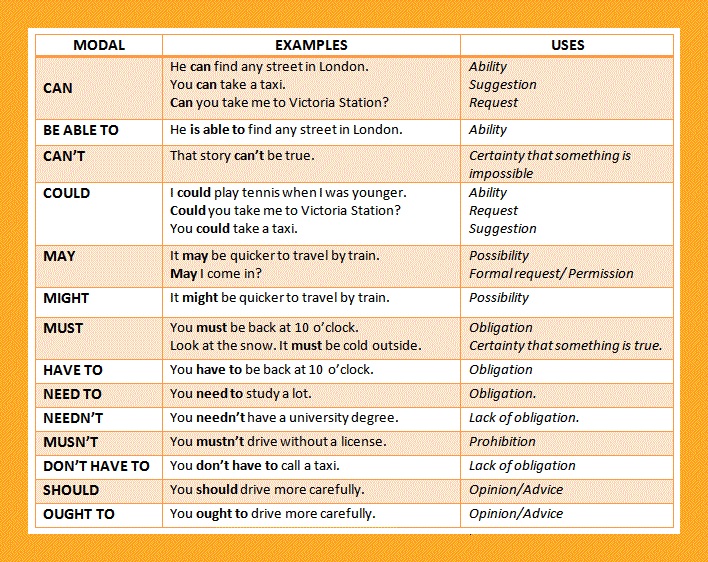 Therefore, only the active presence and participation of both parents in education makes it complete.
Therefore, only the active presence and participation of both parents in education makes it complete.
 He can show his abilities as an educator and parent. The only question is in what form.
He can show his abilities as an educator and parent. The only question is in what form. 🎖▷ Why you don't have to worry about weight gain with Lamictal
The effect of Lamictal on weight has been little studied and various clinical trials have found minimal effect. In fact, some researchers even considered the drug as a possible remedy for obesity and as a remedy for overeating. This information should be reassuring for people with bipolar disorder, as many of the medications used to treat this condition can cause weight gain.
In fact, some researchers even considered the drug as a possible remedy for obesity and as a remedy for overeating. This information should be reassuring for people with bipolar disorder, as many of the medications used to treat this condition can cause weight gain.
Lamictal is an anticonvulsant drug that can be used to treat seizures such as epilepsy. It is also used as a mood stabilizer for bipolar disorder.
In the first clinical trials with the drug, 5 percent of adults with epilepsy lost weight while taking Lamictal, while 1 to 5 percent of patients with bipolar I disorder gained weight while taking the drug. The researchers do not disclose how much weight patients have gained or lost.
Meanwhile, a 2006 study comparing the effects on weight of Lamictal, lithium, and placebo found that some Lamictal-treated patients gained weight, some lost weight, and most remained about the same weight. Weight changes are usually not many pounds anyway. Obese patients taking Lamictal lost an average of four pounds, while the weight of non-obese patients remained virtually unchanged.
Obese patients taking Lamictal lost an average of four pounds, while the weight of non-obese patients remained virtually unchanged.
Relationship between weight gain and other bipolar drugs
Weight gain from medications used to treat bipolar disorder is unfortunately quite common. Some mood stabilizers commonly used for bipolar disorder, especially lithium and Depakote (valproate), carry a high risk of weight gain.
In addition, the atypical antipsychotics Clozaril (clozapine) and Zyprexa (olanzapine) tend to cause significant weight gain in people who take them. Finally, some antidepressants, notably Paxil (paroxetine) and Remeron (mirtazapine), have been associated with weight gain.
Therefore, if you are already overweight, you and your psychiatrist may want to consider additional weight gain when determining your bipolar medication regimen. Based on this, Lamictal may be a good choice.
Lamictal as a possible treatment for obesity
Lamictal has also been studied as a possible treatment for obesity in people without epilepsy or bipolar disorder.
In a small 40-person clinical trial conducted in 2006, researchers randomly assigned participants to receive either lamictal or placebo for up to 26 weeks. Each participant in the study had a body mass index (BMI) between 30 and 40, placing them in the obese group to the level of severe obesity. Those who took Lamictal lost an average of just over 10 pounds. Those who took the placebo lost about 7 pounds in the meantime, so while those who took Lamictal lost more weight, they didn't lose all that much more.
Another study in 2009 looked at Lamictal as a remedy for overeating. This study involved 51 people with the condition that 26 of them received Lamictal, and 25 - placebo.
Those who took Lamictal lost more weight than those who took placebo (about 2.5 pounds versus about one-third of a pound) and did have significant improvements in blood sugar and cholesterol lab test results. However, Lamictal did not appear to affect other aspects of the eating disorder when compared to placebo.


